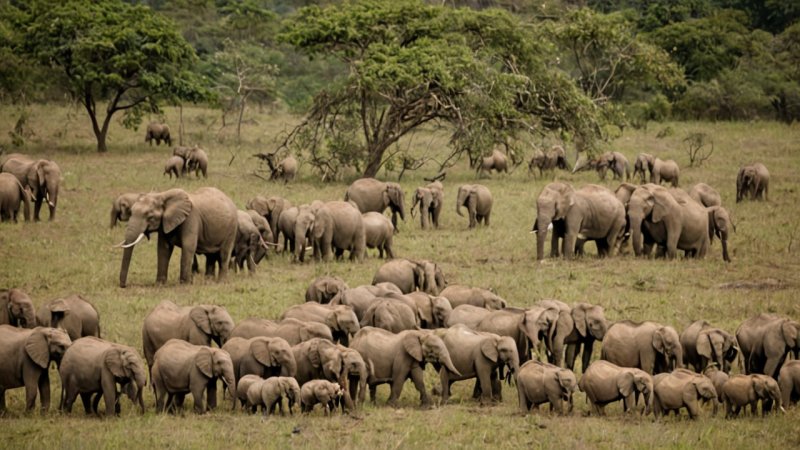The preservation of biodiversity is one of the most pressing challenges facing humanity today, and environmental non-governmental organizations (NGOs) are leading the charge in addressing this crisis. With the rapid decline of species and ecosystems due to human activities, the work of these NGOs is more critical than ever. They engage in a wide range of activities aimed at conserving biodiversity, from grassroots advocacy to large-scale restoration projects, proving that collective action can yield significant results in the face of adversity.
One of the primary roles of environmental NGOs is to raise awareness about the importance of biodiversity and the threats it faces. Through educational campaigns, workshops, and social media outreach, these organizations work to inform the public about the ecological, economic, and cultural value of diverse biological systems. By highlighting the interdependence of species and the ecosystems in which they thrive, NGOs foster a deeper understanding of the need for conservation and encourage individuals to take action.
NGOs also engage in direct conservation efforts, which can take many forms. This includes habitat restoration projects, species recovery programs, and the establishment of protected areas. By collaborating with local communities, governmental agencies, and other stakeholders, NGOs can implement effective strategies that address the root causes of biodiversity loss. Whether it’s reforestation efforts, wetland restoration, or the protection of marine habitats, these initiatives are essential for maintaining the health and resilience of ecosystems.
Research and data collection are another key component of the work conducted by environmental NGOs. Many organizations invest in scientific research to better understand the dynamics of ecosystems and the impact of human activities on biodiversity. This research often informs policy decisions and conservation strategies, ensuring that actions taken to protect biodiversity are based on sound science. Additionally, NGOs play a vital role in monitoring biodiversity changes over time, providing critical information to assess the effectiveness of conservation efforts and adapt strategies as needed.
Advococacy is at the heart of many environmental NGOs’ missions. They work tirelessly to influence policy decisions at local, national, and international levels, pushing for stronger environmental regulations and protections for endangered species and habitats. By engaging with policymakers, NGOs can help shape legislation that prioritizes biodiversity conservation and addresses the ongoing threats posed by climate change, pollution, and habitat destruction.
In conclusion, the role of environmental NGOs in preserving biodiversity is indispensable. Through their awareness campaigns, direct conservation actions, research initiatives, and advocacy efforts, these organizations are making a significant impact in the fight against biodiversity loss. By supporting the work of NGOs, whether through volunteering, educating ourselves, or advocating for sustainable practices, we can all contribute to a healthier planet. Together, we can take meaningful steps toward a future where biodiversity thrives and ecosystems are protected for generations to come.
Biodiversity Champions: The NGO Impact
Explore the crucial role of environmental NGOs in the preservation of biodiversity and how their efforts impact our planet's health.






